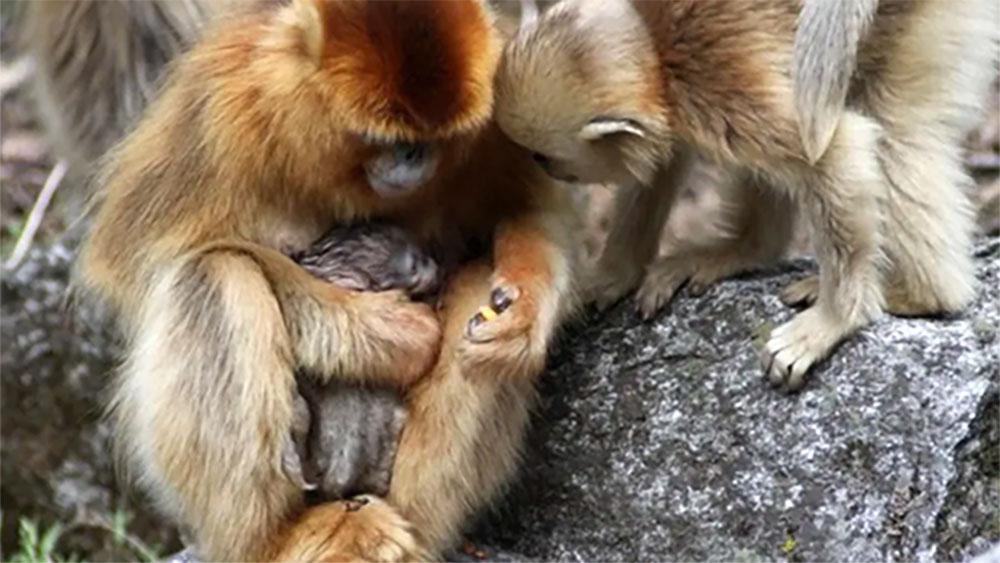23 Jun 2024 - {{hitsCtrl.values.hits}}

Colombo, June 23 (Daily Mirror) - The initial step of implanting the newly developed, small-sized loop into the uterus of female monkeys to effectively prevent pregnancy has been successful, Prof. Ashoka Dangolla of the Veterinary Medicine and Animal Science Faculty said.
He told the Daily Mirror that the Veterinary Faculty at Peradeniya University, with support from the Dental Faculty, has designed a small-sized loop.
"We measured the dimensions of the female monkey's uterus and designed a smaller-sized loop to fit and implant. The new smaller-sized loop was created with the help of specialists and technology from the Dental Faculty at Peradeniya University.
The loop was implanted in six female monkeys. One loop was expelled as the uterus contracted, dilated and secreted various fluids, but the loops in the remaining five monkeys were successfully implanted. It has been two months since the implantation, and X-ray examinations have confirmed that the loops are still in place. A one-and-a-half-year-old female monkey that had given birth once was used for this test," Prof. Dangolla said.
"If the implantation of the loop is successful, there is no possibility of the monkeys becoming pregnant, and it would not affect their usual sexual behaviour. Implanting these loops will help control the monkey population without resorting to killing or relocating them, and it is a low-cost solution,” the Professor said.
“As our second experiment, we plan to place two male monkeys in a cage with the female monkeys that have the loops to observe whether the females become pregnant,” he said.
"If the female monkeys do not become pregnant, we can implement these loops for female monkeys in the wild. However, we need to determine the optimal timing for loop implantation, as it cannot be done if the females are about to deliver or are already pregnant," he said.
The surgical technique for implanting the loop can be easily taught to local veterinary doctors, he said.
The Professor added that the manufacturing cost for this new loop is approximately Rs. 2,000 and this method will help maintain the monkey population without harming them.
17 Nov 2024 17 Nov 2024
17 Nov 2024 17 Nov 2024
17 Nov 2024 17 Nov 2024
17 Nov 2024 17 Nov 2024
17 Nov 2024 17 Nov 2024